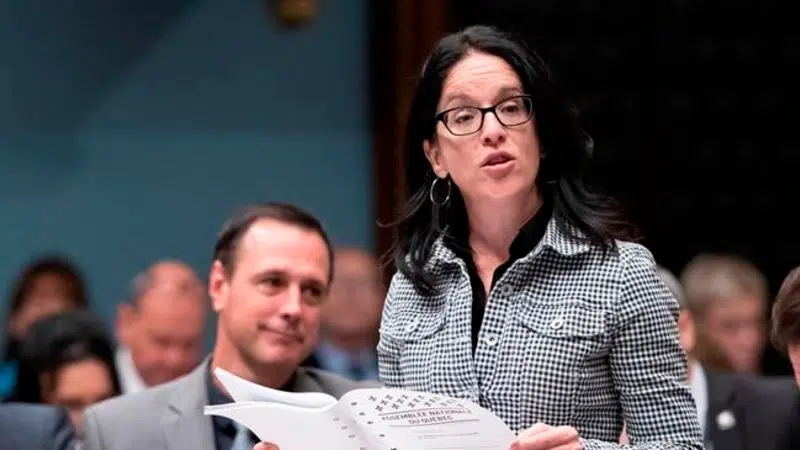
Quebecers to decide in 2022 whether they want to change electoral system
Quebecers will decide during a referendum held in conjunction with the 2022 provincial election whether to change how they vote in future elections.
The Legault government tabled an electoral reform bill that proposes abandoning the first-past-the-post system in favour of mixed proportional representation with regional compensation.
Justice Minister Sonia LeBel tabled Bill 39 on Wednesday after admitting earlier this month that having a new system in place for the next election, as promised, would be impossible.
Under the Quebec bill, the province would continue to have 125 seats in the provincial legislature, 80 of which would be held by members elected according to the current system — albeit in geographically bigger ridings similar to their federal counterparts.
